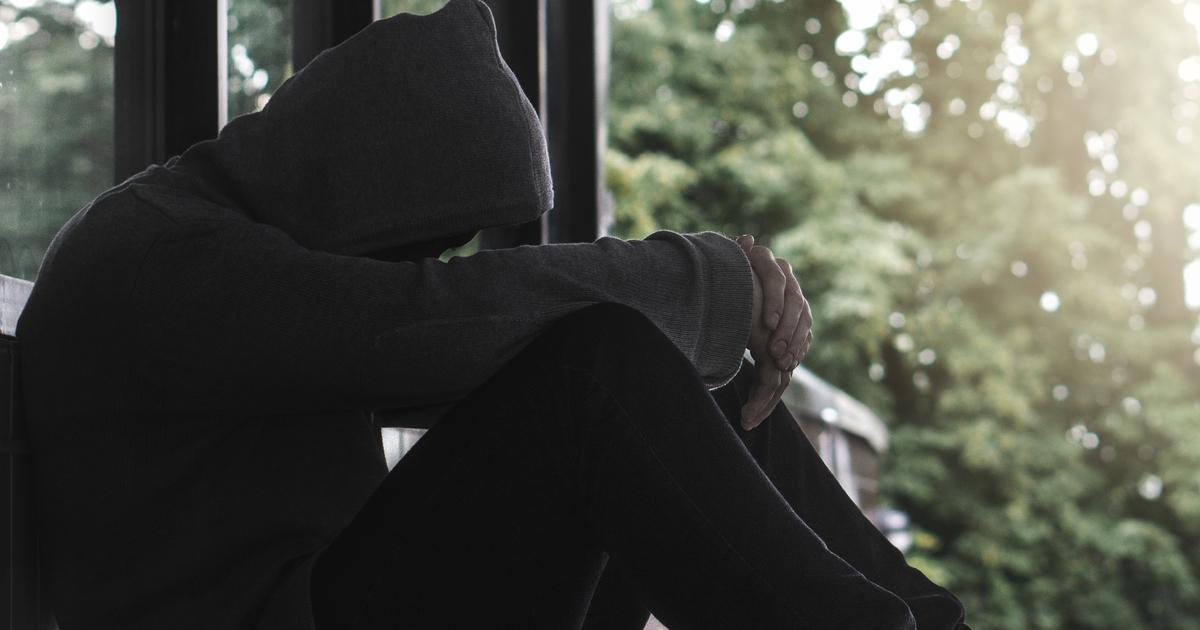Keep Your Finger On The Pulse of Extreme Exhaustion
Social Withdrawal

Patients struggling with extreme exhaustion could exhibit signs of social withdrawal. They may begin to isolate themselves from others little by little. At first, they could socially withdraw by choosing not to attend scheduled school study groups or office social gatherings. Over time, the social withdrawal may progress to the point that the patient stops asking for help from others and stops participating in any type of group setting. Social withdrawal could also result in absences from school or work. As the patient becomes increasingly isolated, they may develop potentially serious mental health conditions, including depression and anxiety. These conditions might require treatment with medication and counseling. To prevent mental health complications, patients may want to consider talking to a family member, co-worker, friend, or counselor if they notice they are isolating themselves. Taking proactive steps to treat extreme exhaustion in the early stages could reduce the risk of becoming socially isolated.
.How To Treat Extreme Exhaustion

Usually, getting sufficient rest, sleep, food, and water are enough to treat symptoms of extreme exhaustion. If individuals take proper care of themselves, they will bounce back with plenty of energy to spare. Sometimes though, extreme exhaustion is a sign of a more serious underlying disease, including anemia, hypothyroidism, cancer, or adrenal insufficiency. Extreme exhaustion may also be accompanied by mental illness as it can lead to low serotonin causing depression, insomnia, and anxiety. Extreme exhaustion is becoming more common as most individuals tend to work more and sleep less. All work and no rest can easily lead to physical and emotional exhaustion, which can escalate into more serious health problems.
